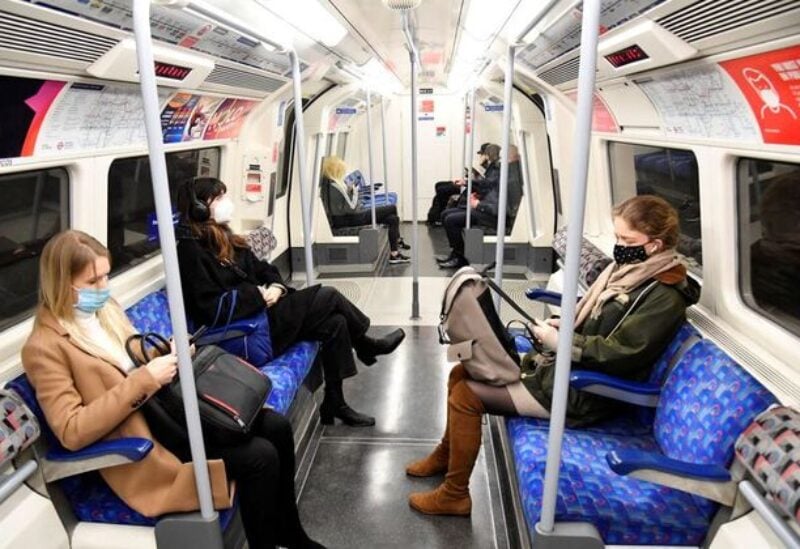
On Tuesday, British Prime Minister Boris Johnson will attend a COVID-19 press conference, following a rise in the Omicron variety, which has resulted in record-high coronavirus cases and hospital staffing shortages.
As Omicron fuelled a jump in cases, Johnson avoided instituting strict lockdown measures in England ahead of the New Year, thinking that a vaccination booster effort and public awareness would be enough to contain the new wave.
However, Johnson warned on Monday that hospitals will be under a lot of stress in the coming weeks.
While admissions have risen since mid-December, they have not tracked the trajectory of daily cases, possibly reflecting the impact of vaccines and booster shots, the likely lower severity of Omicron and the time lag in people going into hospital.
Earlier, vaccines minister Maggie Throup played down the need for extra measures, even as the surge in cases has led to staff absences and disruptions for hospitals, schools and trains.
“At the moment, if you look at the people who have been hospitalized, they are going in with less severe conditions than before,” Throup told Sky News, adding that the “Plan B” Johnson introduced in December was working.
“The numbers that are in hospital beds is about half what it was a year ago – and that just shows the power of the vaccine.”
Neil Ferguson, an epidemiologist at Imperial College London, said that, while infections in London among under-50s may have plateaued, the incredibly steep spike in that age group had not yet had time to spread to older age groups, which are more vulnerable to COVID-19.
“We may see a different pattern in hospitalizations. Hospitalizations are still generally going up across the country, and we may see high levels for some weeks,” he told BBC Radio.
“Vaccination is holding up in terms of protection against severe disease, assisted by the fact that Omicron almost certainly is substantially less severe, but it still puts pressures on the health system.”